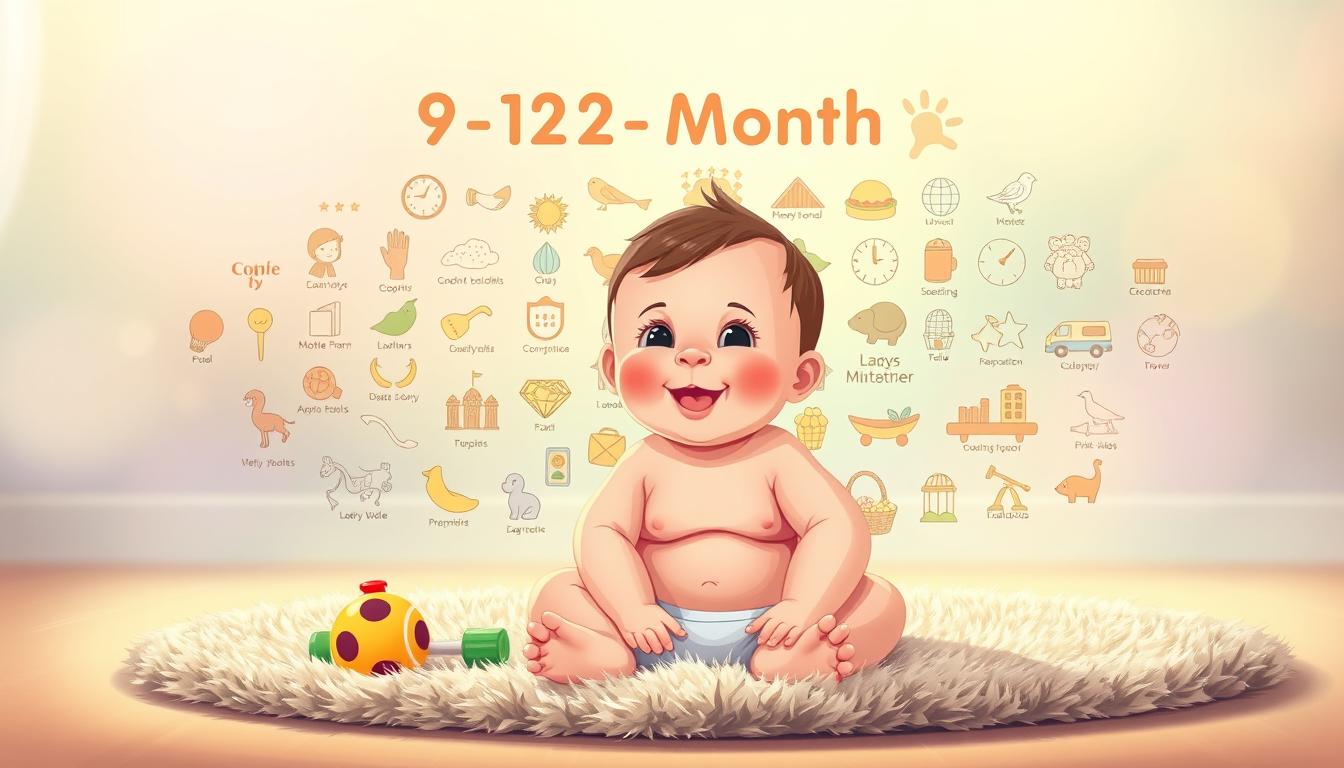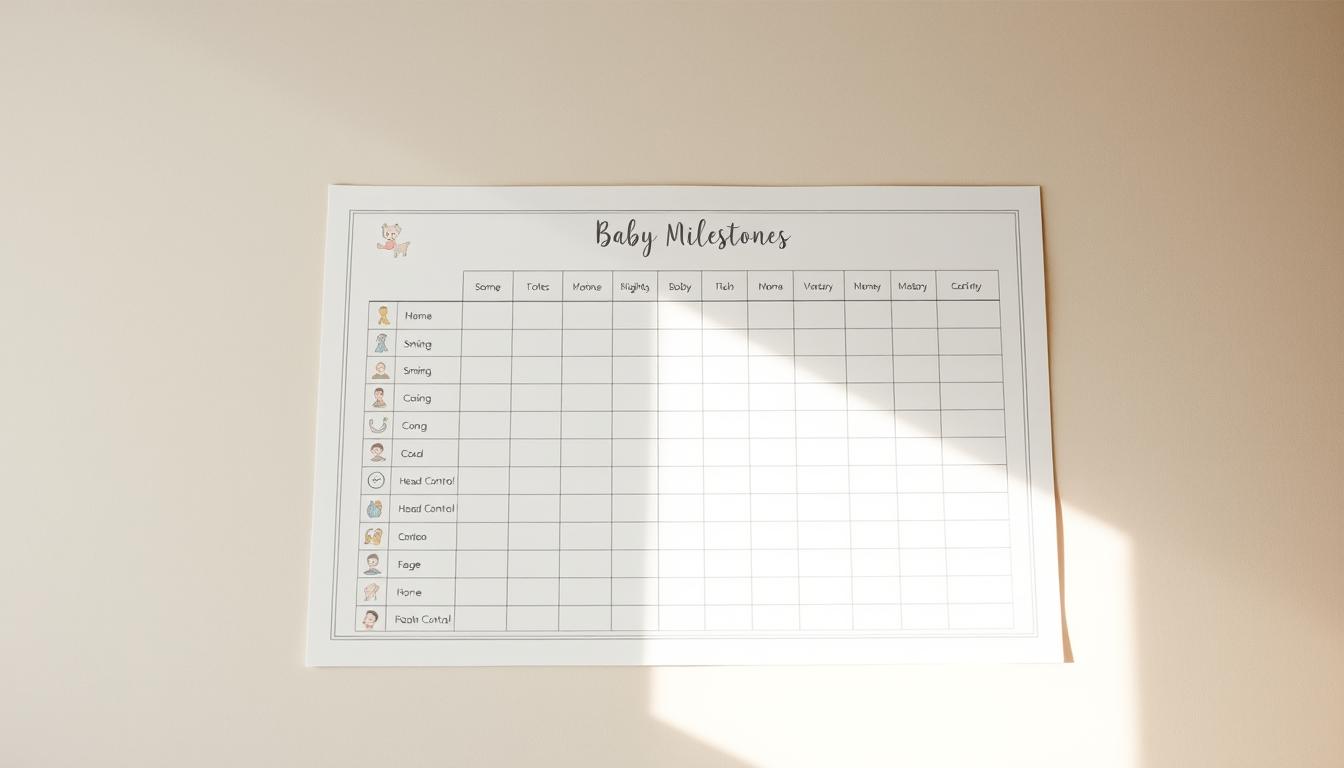Category
Recent Comments
Archives
Shop Categories
-
 Beauty & Health22 products
Beauty & Health22 products -
 Cell Phones & Accessories11 product
Cell Phones & Accessories11 product -
 Featured44 products
Featured44 products -
 Health & Household22 products
Health & Household22 products -
 Jewelry & Accessories22 products
Jewelry & Accessories22 products -
 Kids' Fashion11 product
Kids' Fashion11 product -
 Sports & Outdoors33 products
Sports & Outdoors33 products -
 Toys & Games11 product
Toys & Games11 product -
 Most Popular44 products
Most Popular44 products -
 New Arrival55 products
New Arrival55 products -
 On Sale55 products
On Sale55 products
Popular
-
 86pcs/set Elegant Retro Earrings, Multi-layer Necklace, Earrings, Rings, Four-in-one Multi-piece Jewelry Set for Women, Ideal for Daily Outing, Commuting, Mother's Day, Valentine's Day Gifts, No Box
Rated 5.00 out of 5
86pcs/set Elegant Retro Earrings, Multi-layer Necklace, Earrings, Rings, Four-in-one Multi-piece Jewelry Set for Women, Ideal for Daily Outing, Commuting, Mother's Day, Valentine's Day Gifts, No Box
Rated 5.00 out of 514.99 د.اOriginal price was: 14.99 د.ا.4.17 د.اCurrent price is: 4.17 د.ا. -
 Smiling in the Sky Kite with Free Flying String - Durable Polyester, Mixed Colors, Perfect for Outdoor Fun
Rated 5.00 out of 5
Smiling in the Sky Kite with Free Flying String - Durable Polyester, Mixed Colors, Perfect for Outdoor Fun
Rated 5.00 out of 56.99 د.اOriginal price was: 6.99 د.ا.1.35 د.اCurrent price is: 1.35 د.ا. -
 Chic Girls' Summer Outfit Set: Strawberry Embroidered Off-Shoulder Top & Heart Belted Shorts - Breathable Polyester, Machine Washable, Perfect for Outdoor
Rated 5.00 out of 5
Chic Girls' Summer Outfit Set: Strawberry Embroidered Off-Shoulder Top & Heart Belted Shorts - Breathable Polyester, Machine Washable, Perfect for Outdoor
Rated 5.00 out of 519.89 د.اOriginal price was: 19.89 د.ا.6.39 د.اCurrent price is: 6.39 د.ا. -
 1pc Frameless Oversized Gradient Fashion Glasses for Women, Polygonal Metal Hinge, PC Lens, Fashionable UV Protection Eyewear for Outdoor Activities
Rated 5.00 out of 5
1pc Frameless Oversized Gradient Fashion Glasses for Women, Polygonal Metal Hinge, PC Lens, Fashionable UV Protection Eyewear for Outdoor Activities
Rated 5.00 out of 53.47 د.اOriginal price was: 3.47 د.ا.2.05 د.اCurrent price is: 2.05 د.ا. -
 BB Cream Liquid Foundation - Super Wearing, Long-Lasting Flawless Finish, Moisturizing & Isolating, Medium Coverage, Matte Finish for All Skin Types - Ideal Holiday Gift for Women
Rated 5.00 out of 5
BB Cream Liquid Foundation - Super Wearing, Long-Lasting Flawless Finish, Moisturizing & Isolating, Medium Coverage, Matte Finish for All Skin Types - Ideal Holiday Gift for Women
Rated 5.00 out of 54.49 د.اOriginal price was: 4.49 د.ا.2.07 د.اCurrent price is: 2.07 د.ا. -
 Robot Vacuum and Mop Combo, 4000Pa Strong Suction, Robotic Vacuum Cleaner with Auto Carpet Boost, Self-Charging, App&Remote, Ideal for Pet Hair
Robot Vacuum and Mop Combo, 4000Pa Strong Suction, Robotic Vacuum Cleaner with Auto Carpet Boost, Self-Charging, App&Remote, Ideal for Pet Hair
132.71 د.اOriginal price was: 132.71 د.ا.98.40 د.اCurrent price is: 98.40 د.ا.
Tag Clouds


Being new parents can feel really tough. It’s key to focus on caring for your newborn. This helps your baby grow up healthy and happy.
We will talk about how feeding and sleep are very important. These two things help your baby feel good and stay healthy. By learning how to feed and sleep well, you can make the early days better for you and your baby.
- Understanding your newborn’s needs is very important for their comfort and health.
- Feeding and sleep are connected and affect your baby’s overall wellbeing.
- Learning to recognize feeding cues helps set up a routine.
- Having a structured sleep schedule can make nights easier.
- Using soothing techniques makes a calmer space for your newborn.
The Importance of Understanding Newborn Care
Being a new parent can feel really tough. You might wonder how to meet your baby’s needs. It’s more than just feeding and changing.
It’s about knowing when they need you. This helps create a safe and loving space for them.
A good parenting guide for newborns talks about feeling close to your baby. This feeling is key for their growth. By listening to their needs, you make parenting easier.
Using the right tips for newborns helps you meet their changing needs better.
Decoding Your Newborn: A Deep Dive into Feeding, Sleep, and Comfort

Your journey into parenthood is all about decoding your newborn: a deep dive into feeding, sleep, and comfort. It’s key to understand how these things work together. This helps create a caring space for you and your baby.
Knowing how feeding and sleep are connected is very helpful. As you learn about understanding newborn sleep, you’ll see how food affects sleep. A well-fed baby sleeps better, which is good for their health.
It’s also important to make sure your baby is comfortable. By learning understanding baby cues, you can figure out what they need. This could be food, sleep, or just a hug.
By focusing on feeding, sleep, and comfort, you start a caring routine. This journey helps you bond with your baby and helps them grow. Enjoy learning these important skills to raise a happy, healthy child.
Recognizing Newborn Feeding Cues

Knowing what your baby needs is key for new parents. Recognizing baby cues helps a lot. Early signs of hunger include lip smacking and hand movements. They might even turn their head towards you.
This guide will teach you to quickly respond to these signs. Doing so helps your baby eat better and strengthens your bond. It makes feeding time fun for both of you.
Babies can get upset if they’re not fed right away. Being quick to notice their hunger helps avoid this. It keeps your baby happy and fed.
Remember, understanding and meeting your baby’s needs is important. It helps them grow and stay healthy.
The Art of Newborn Feeding

Feeding your newborn can feel overwhelming. But, learning the art of newborn feeding makes it easier. Good advice for breastfeeding newborns is to have a flexible feeding schedule. This schedule should match your baby’s needs.
Every baby is different. They need special attention to their cues. This helps them feel comfortable and full.
Feeding on demand is key to caring for your baby. Look for signs like rooting or sucking on their hands. Quick responses help your baby feel good and grow well.
Getting a good latch is important for breastfeeding. If you’re bottle-feeding, use nipples that feel like the breast. This helps your baby adjust easily.
Remember, having enough milk is also important. Talking to a lactation expert can give you great newborn feeding tips. They can help based on your situation.
By following flexible schedules and listening to your baby, feeding becomes special. It’s a time to bond and grow together. Every step you take shows you care for your newborn, making feeding an art for your family.
Navigating the Newborn Sleep Maze

Starting your journey as a parent can be tough. Navigating newborn sleep patterns seems like a big challenge. Newborns sleep a lot, about 14-17 hours in a day. But they sleep in short times, not long stretches.
Knowing how you sleep and how your baby sleeps is key. Newborns sleep in short cycles of 50-60 minutes. This means they wake up a lot. Feedings and diaper changes can break their sleep too.
Every parent faces special challenges with their baby’s sleep. Accepting your baby’s sleep needs can make things better for both of you. By understanding their sleep, you can create a routine that works for everyone.
Establishing a Newborn Sleep Schedule

Creating a infant sleep schedule is key in newborn care. It greatly affects your baby’s health. Start by setting bedtime, which tells your baby it’s time to sleep.
It’s important to know when your baby is sleepy. Look for signs like yawning, rubbing their eyes, or being less active. These mean it’s time for sleep.
Use calming activities before bed. This could be rocking, soft music, or a quiet, warm place. With patience and regular routines, your baby will learn to sleep well.
Managing Nighttime Feedings

Nighttime feedings are a natural part of caring for a newborn. They can be smoother if you understand baby cues. The first months can feel overwhelming, so it’s key to have good nighttime feeding schedules.
It’s important to keep the environment calm and conducive to sleep. This helps the baby settle back after feedings.
To create a soothing atmosphere, consider the following tips:
- Keep the lights dimmed to signal that it is stil nighttime.
- Speak quietly and gently to avoid overstimulating your baby.
- Try to keep the room cool and comfortable for sleep.
Managing night feedings effectively means responding quickly to your baby’s cues. The sooner you address their needs, the easier it will be for everyone to transition back to sleep. A consistent routine around nighttime feedings will make this process better. It creates a supportive environment during those late hours.
The Comfort Zone: Soothing Techniques for Your Newborn

Bringing home a newborn is joyful but also challenging. Learning how to comfort your baby is key. These methods help calm your little one and make them feel safe.
There are many ways to soothe your newborn. Try these to see what works best for your baby:
- Swaddling: This wraps your baby snugly, like in the womb.
- Gentle Rocking: Soft movements feel like a caregiver’s hug.
- White Noise: Sounds like in the womb help block out loud noises.
- Skin-to-Skin Contact: Holding your baby close on your chest soothes them.
Remember, every baby is different. Watch how your newborn reacts to different ways to comfort them. This helps you find what works best and strengthens your bond.
Diapering Like a Pro

Learning to diaper is key for caring for a newborn. Knowing about newborn hygiene helps keep your baby comfy and healthy. First, get all your newborn care essentials ready for diaper changes. This makes the process easier and faster.
- Choose the right size and type of diaper. Make sure it fits well without being too tight.
- Change diapers often. Try to do it every 2-3 hours, or when you see wetness or mess.
- Wipe thoroughly. Use soft, fragrance-free wipes. If using cloth, keep them damp but not wet.
- Apply a barrier cream. It helps prevent diaper rash, which is common in cold weather.
- Dispose of used diapers right away. This keeps your baby’s area clean and free of smell.
Keeping up with newborn hygiene during diaper changes is very important. It helps avoid skin problems. Make diapering a special time to bond with your baby. It makes them feel safe and loved. Soon, you’ll get really good at diapering.
Understanding Baby Cues: Communication Through Crying
Newborns mostly talk through crying, which can be tough for new parents. It’s key to understand these cries for good parenting. Each cry can mean different things, like hunger, being uncomfortable, tiredness, or wanting attention. By decoding baby cues, you start to know what your little one wants to say.
As you get to know your baby’s sounds, you might notice certain patterns. For example, a rhythmic whimper might mean your baby is sleepy. A loud, sharp cry could mean they’re hungry or uncomfortable. Knowing these signs helps you meet your baby’s needs and create a safe space.
- Hunger: Often accompanied by sucking sounds or lip smacking.
- Discomfort: A series of high-pitched cries or fussiness.
- Tiredness: A softer, whining sound usually escalating in intensity.
- Need for attention: Repetitive cries that may vary in pitch.
Learning to understand baby cues communication strengthens your bond with your baby. It makes both your lives better. Trust your gut, and remember, caring for a newborn is a journey of learning.
Newborn Care Essentials

Welcoming a baby means getting the right newborn care essentials. These essential baby care items are key. They help you care for your baby’s comfort, cleanliness, and food needs.
Begin with the basics. Choose good diapers that fit right. Wipes are also key for quick clean-ups. Sleep sacks keep your baby warm and safe.
Don’t forget feeding stuff like bottles and formula or a breast pump.
- Diapers and wipes
- Sleep sacks
- Feeding bottles
- Nursing pads and cream
- Changing table mat
Quality products are good for your baby and make life easier for you. Having these newborn care essentials ready will help you start parenting smoothly.
Newborn Parenting Tips for First-Time Parents
Welcoming a newborn is exciting and scary. It’s important to have good tips for caring for a newborn. Managing your time well helps you handle things without feeling too stressed.
It’s key to take care of yourself. Even a short break can help you and your baby. Ask your partner or family for help. Having a support system is very helpful in the early days.
Having a routine is good too. Newborns like things to be the same every day. This helps your baby feel safe and gives you time to rest or do other things.
Looking for info on caring for newborns is smart. Books, online forums, and classes have lots of tips. Talking to other new parents is also helpful. You can share experiences and learn from each other.
- Establish a flexible routine.
- Prioritize your own well-being.
- Create a solid support network.
- Educate yourself on newborn care.
Start this new chapter with confidence. Follow these tips to overcome the first challenges and enjoy your parenting journey.
Understanding Newborn Development Milestones
Every new parent needs to know about newborn development milestones. These are big steps in physical and brain growth for your baby in the first few months. Watching these steps helps you see what your baby can do and what they need.
The first months of your baby’s life are full of big changes. Knowing about these changes helps you enjoy your baby’s growth more. Some important steps include:
- Gaining head control
- Showing improved hand-eye coordination
- Responding to sounds and voices
- Smiling socially
- Bringing hands to mouth
It’s good to celebrate these milestones with your baby. Doing fun activities like tummy time and playing together helps you see how your baby is growing. If you worry about your baby’s growth, talk to a doctor. They can help your baby grow even better.
Knowing how to care for a newborn is key for new parents. We talked about feeding, sleep, and comfort. These are important for your baby to grow well.
By watching your baby and responding to their needs, you create a caring space. This helps your baby grow and develop.
These tips can help you as you face the ups and downs of parenting. Remember, every baby is different and their needs change as they grow. Enjoy learning and growing with your baby.
Being patient and flexible is important. You’ll learn and find your own way. Enjoying every moment and listening to your baby’s needs makes parenting rewarding for both of you.
FAQ
What are the signs that my newborn is hungry?
How can I create a flexible feeding schedule for my newborn?
What should I know about my newborn’s sleep patterns?
How can I establish a consistent sleep schedule for my newborn?
What techniques can help soothe my newborn?
What are the best practices for diapering my newborn?
How do I interpret my baby’s cries?
What essential items do I need for newborn care?
What common challenges can I expect as a first-time parent?
How do I track my newborn’s development milestones?
Written by blendmart20@gmail.com
Best offers
Join Risk Free
Subscribe Now
100% Safe
Secure Shopping
24x7 Support
Online 24 hours
Best Offers
Grab Now
Free Shiping
On all order over
Know Us

Your go-to online destination for inspiration, guidance, and resources across various aspects of daily living, covering topics like wellness, style, home, relationships, personal development, and more, all aimed at helping you cultivate a fulfilling and intentional life
Read MoreRecent Posts


















Product Showcase










Leave a Reply
You must be logged in to post a comment.